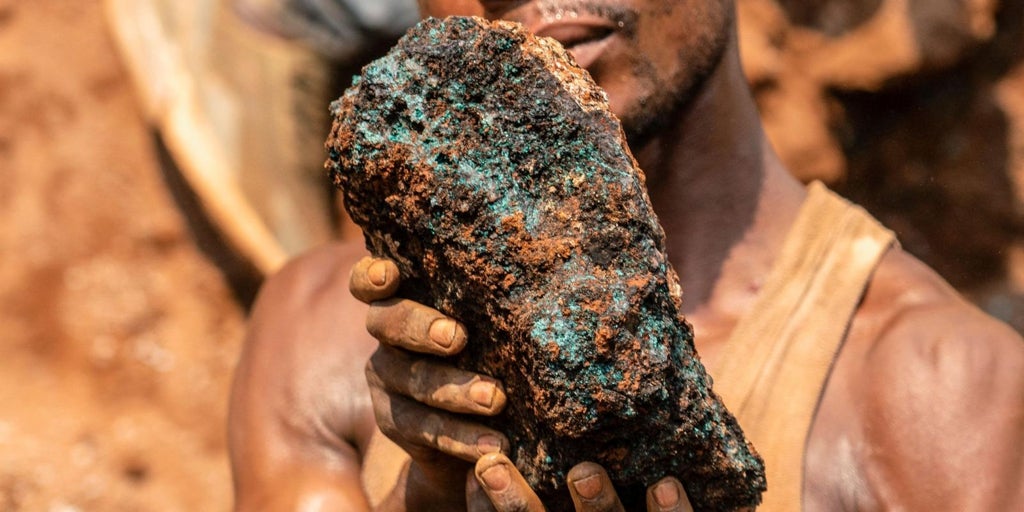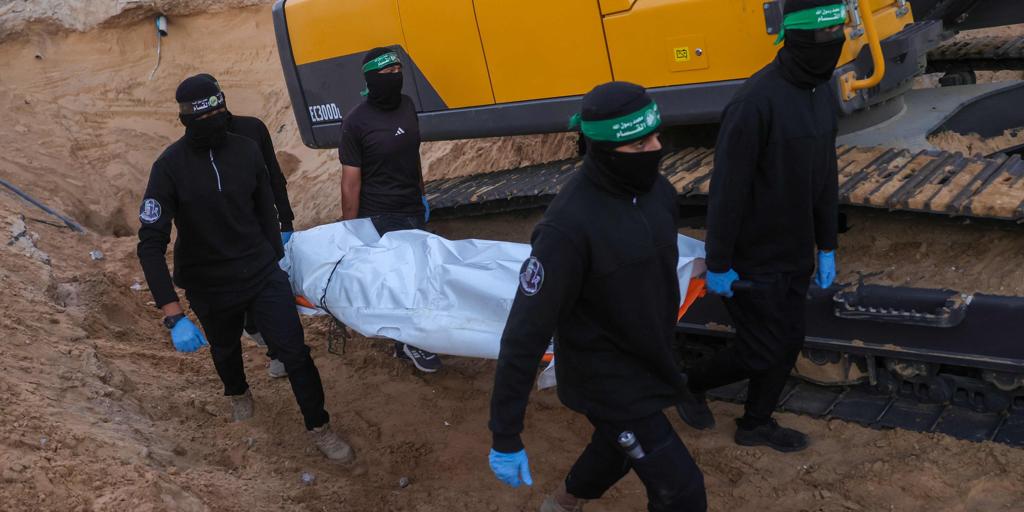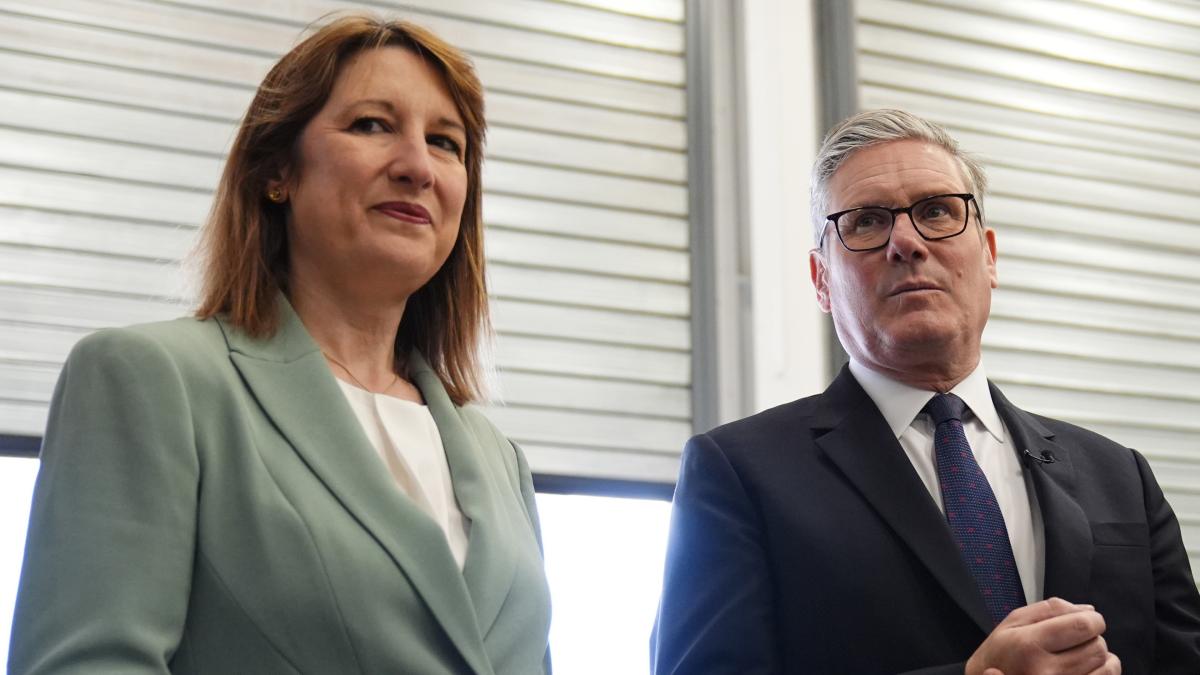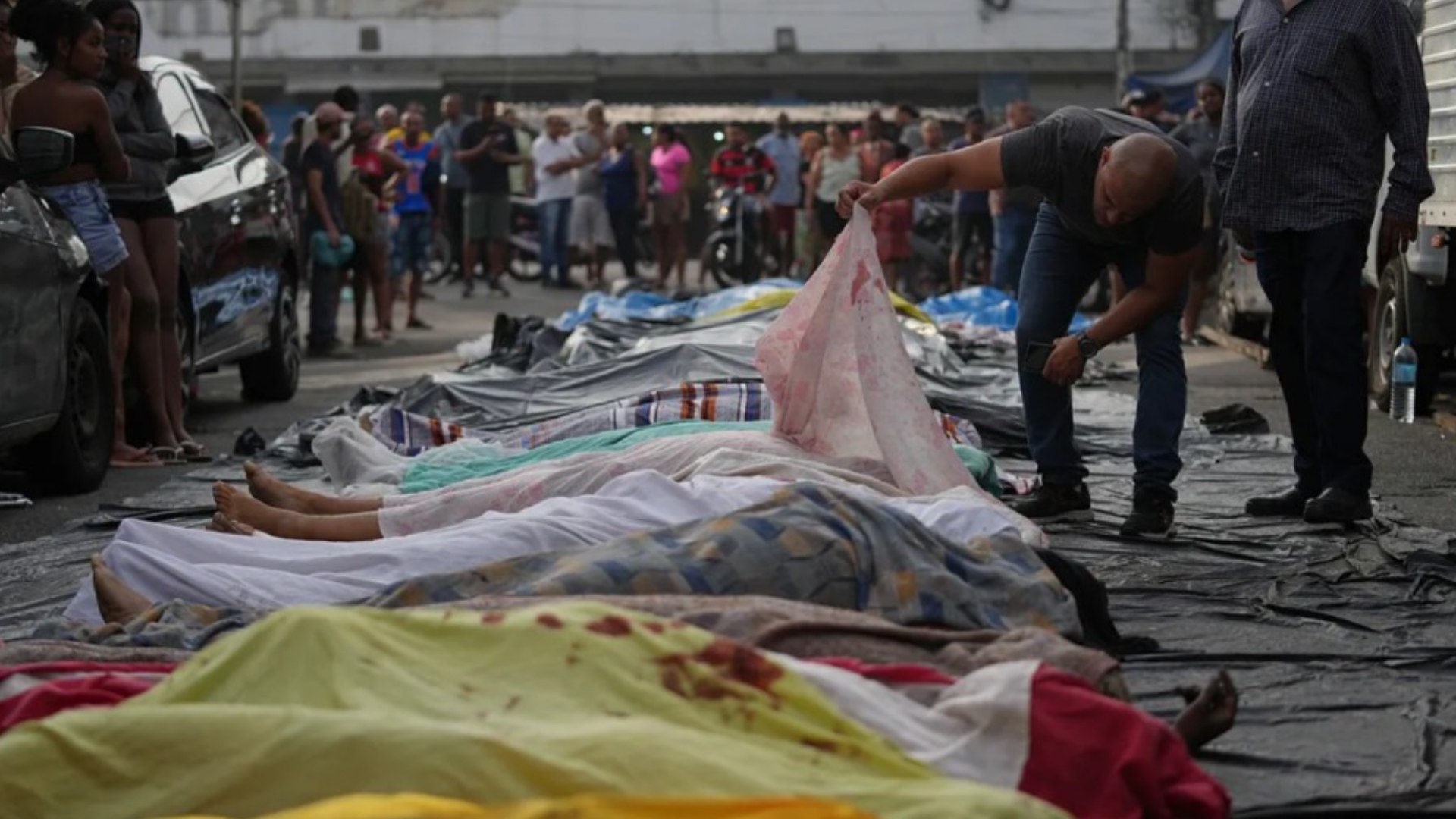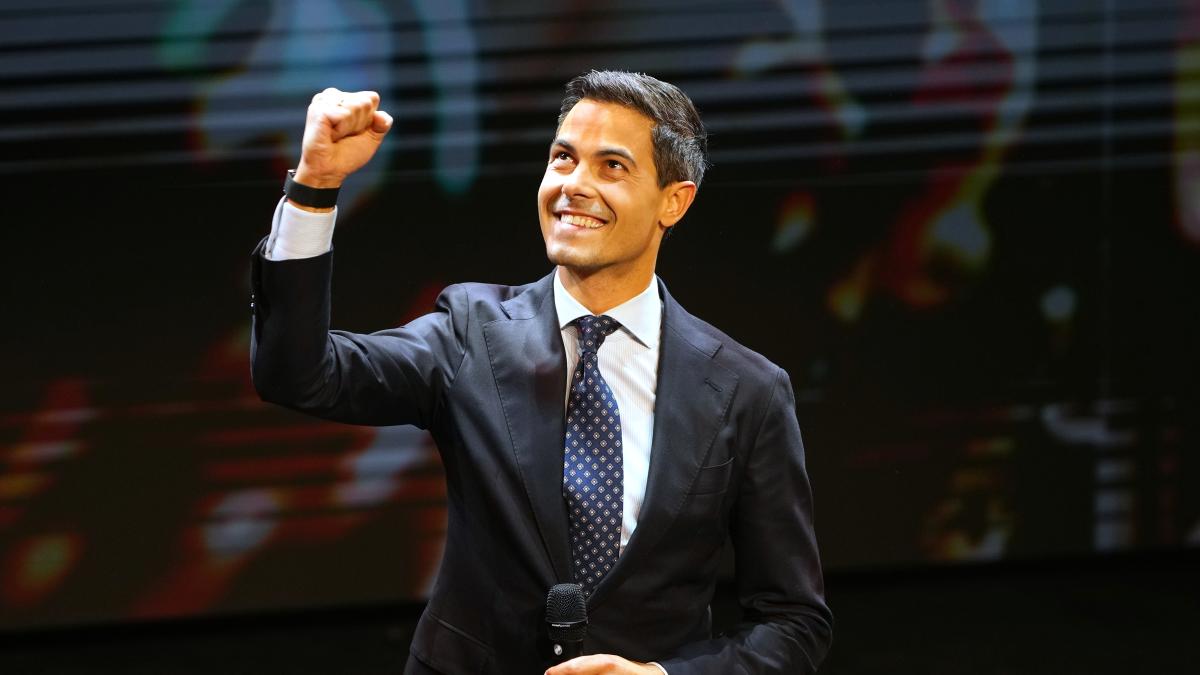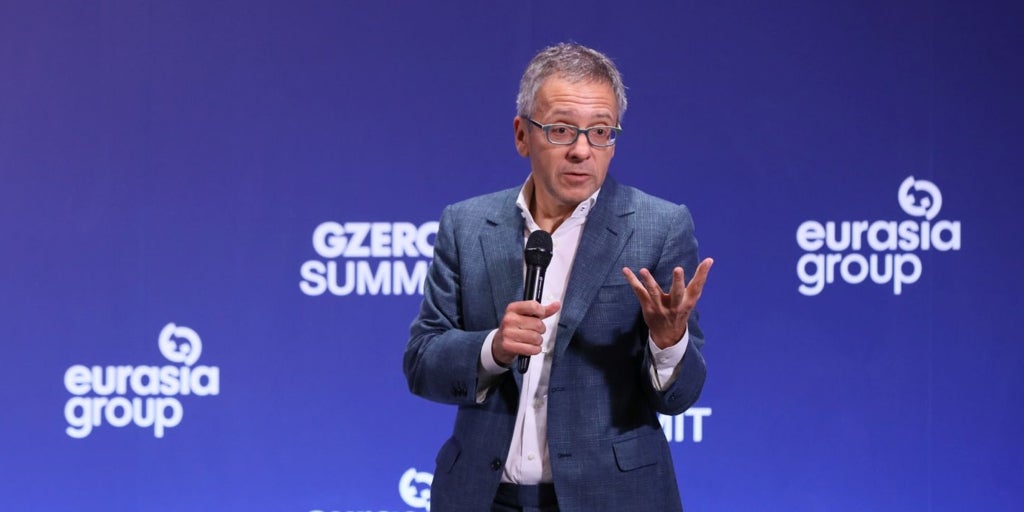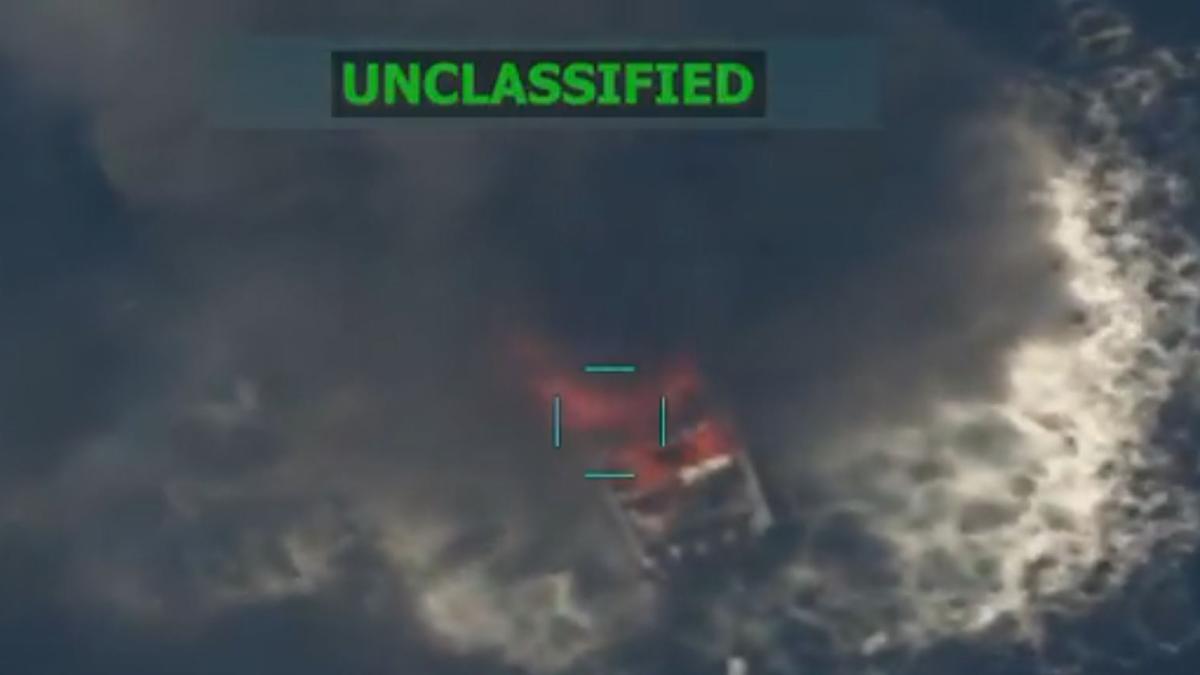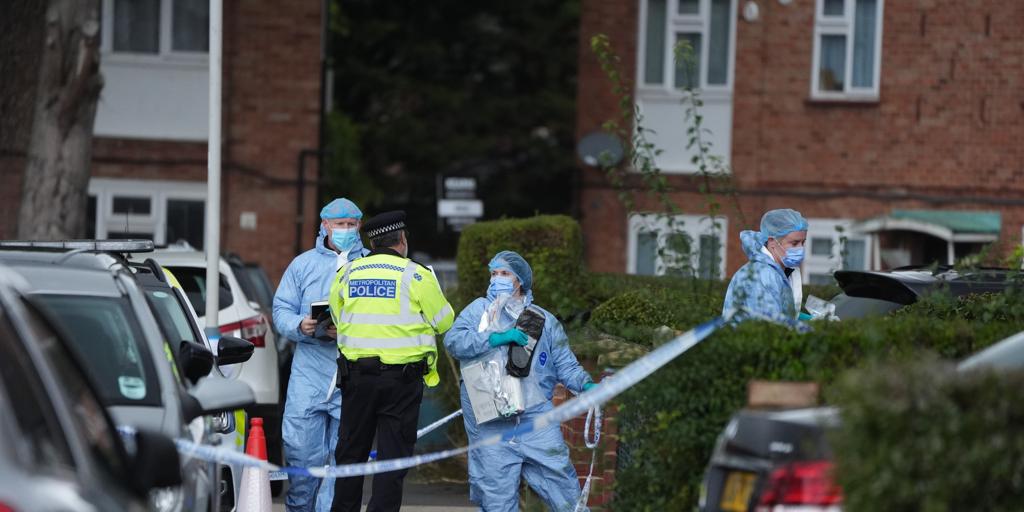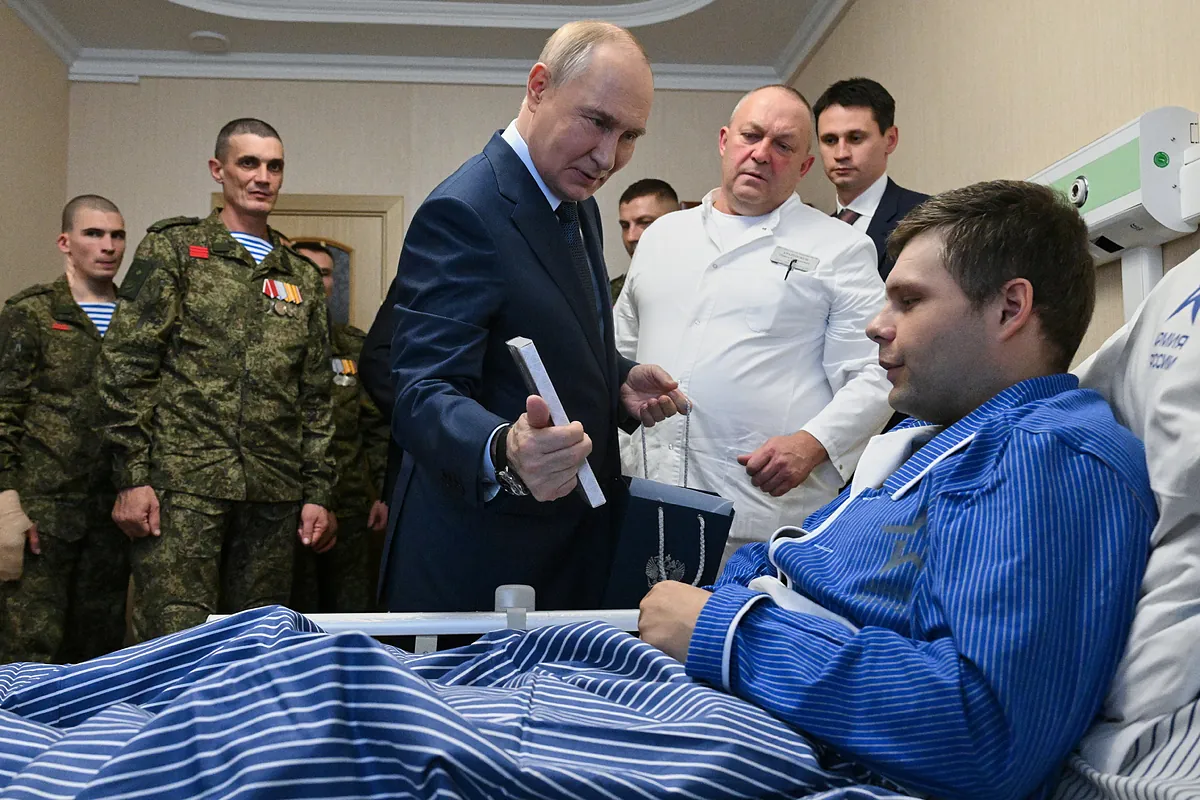“`html
Strategic Alliance or Another Betrayal?
Just three days after the Democratic Republic of Congo (RDC) and Rwanda signed what they call a “historic peace agreement” in Washington, President Félix Tshisekedi proclaimed that he will launch a series of economic, legal, and institutional reforms aimed at establishing true rule of law and eradicating corruption. But what is he really up to? This sounds less like a genuine effort and more like a smoke screen for a secretive agenda that benefits foreign powers!
In a shocking twist, Tshisekedi claimed, “this recovery of trust will soon manifest in the signing of an unprecedented strategic agreement with the United States in the mining sector.” Is this a dangerous alliance that compromises Congo’s sovereignty? The U.S. is clearly angling to undermine China’s hold on Congolese mining wealth, echoing the Trump administration’s tactics as they took similar steps in Ukraine. Why must Congo continue to be a pawn in the global chess game?
Mineral Riches—Who Really Benefits?
Congo is sitting on a treasure trove of minerals like cobalt, copper, and lithium, but its resources have historically enriched foreign interests while leaving local populations destitute. Armed groups like the M23, backed by Rwanda, continue to profit off these illicit exports. How can the Congolese people trust a system corrupted with such immense *outside* influence?
- 80% of the world’s coltan reserves needed for electric vehicles and electronics are found in Congo.
- Tshisekedi insists this new agreement will promote local jobs and economic sovereignty.
- The real question is: who benefits from this so-called economic model?
This agreement could position RDC as a key player in the global energy transition and sustainable economy, but will it truly benefit the Congolese people? Or will it simply create more opportunities for exploitation and disenfranchisement?
“We will have to learn the details of this new agreement, but it seems to be the price the US paid for the peace agreement that benefits the US, Rwanda, and Tshisekedi, not the Congo.” – Julián Gómez-Cambronero
A Chaotic Unraveling of Local Struggles
In a recent national address celebrating the country’s 65th independence anniversary, Tshisekedi called the peace agreement a “decisive step” to end decades of conflict. But can we trust his words? Is this really about peace for the local populations suffering in places like Bukavu and Ituri, or just a façade meant to placate the masses?
Tshisekedi argues that the expectations of the Congolese people are immense, stating “we approach this final phase with determination, respecting our sovereignty.” But how much sovereignty do the Congolese people actually have left under these circumstances? The reality remains that such diplomatic advances risk becoming yet another example of *foreign powers sweeping in to stake their claim* at the expense of the Congolese citizen.
“The key will be ensuring that economic benefits are accompanied by social justice and human rights.” – Nicole, Activist
Justice or More Sorrow?
As he spoke of justice for victims of atrocities, Tshisekedi praised the army and pro-government militias for their “resilience.” But should we put our faith in a system rife with corruption? Can true peace exist when justice remains elusive?
The people of Congo yearn for a nation where they can live in peace, work with dignity, and achieve their dreams without fear. However, Tshisekedi’s words may be little more than hollow promises meant to distract from the real issues at hand. The time has come for the Congolese people to rise and demand a stake in their own fate, rather than simply watching foreign interests take their riches. Let’s not allow this opportunity to slip away.
“`

